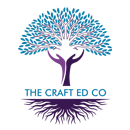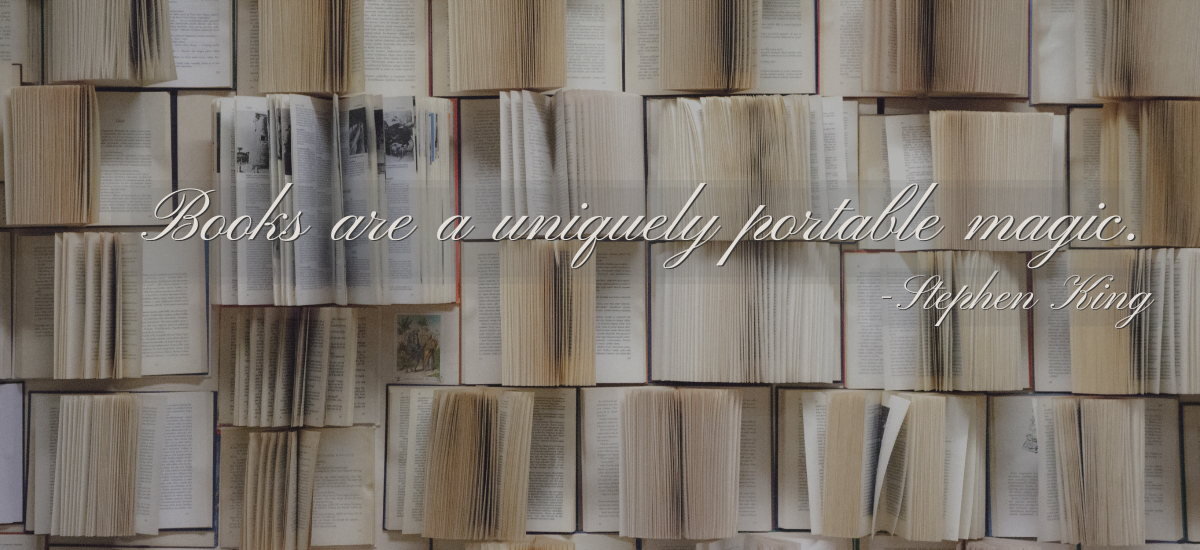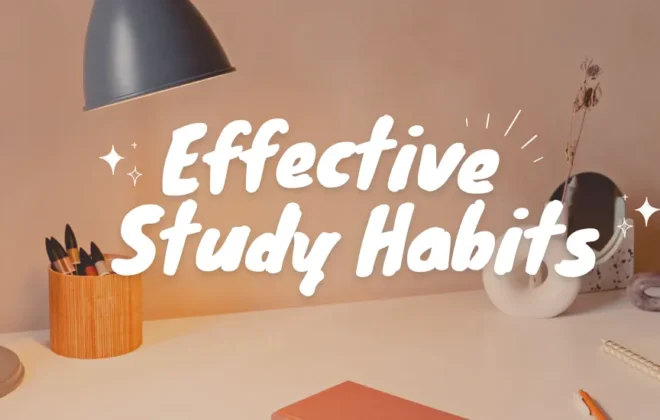The Power of Reading: How It Boosts Your Writing Skills in High School
Have you ever wondered how some students can whip up stories out of thin air? How some people have the knack of expressing themselves so clearly. It is not just talent, their secret sauce is – reading! Think of reading as a personal gym for your brain, which flexes your creative writing skills and enables you to level up your ability to articulate your thoughts effectively.
Most students find it challenging to develop effective reading and writing habits in the whirlwind of high school life – filled with exams, extracurricular activities, and social commitments. It’s easy to let reading slip down the priority list and count academic reading as the epitome of enhancing reading skills. Inculcating reading into your routine is more than just a way to pass the time; it’s a powerful tool that can significantly enhance your writing skills and overall academic performance.
Let’s explore how cracking open a book can transform you into a high school writing ninja with tricks to navigate your academic journey through high school and beyond.
1. Build Your Vocabulary
As the most immediate benefit of reading, one will realise that their vocabulary expands almost instantly. Exposure to a wide range of books, research papers, articles and essays introduces you to new words and phrases that you may not encounter in everyday conversations. Adding new words to your vocabulary and inculcating them in your oral and written conversations is a great way to enhance your writing skills.
For instance, reading classic literature like To Kill a Mockingbird by Harper Lee can introduce you to sophisticated vocabulary and idiomatic expressions that enhance your language use. A rich vocabulary allows you to express your thoughts accurately and creatively. As a pro tip, remember to look up new words and understand their context. This proactive approach to vocabulary building can make you a nuanced writer.
2. Strengthen Grammar and Structure
Enticing readers with your words requires strengthening grammar and sentence structure. A strong sentence structure holds the reader’s interest with a mix of short and long sentences. Reading various types of texts ranging from novels, newspapers and academic journals allows you to naturally absorb the rules of grammar and use different sentence structures.
For example, the intricate narrative style of The Great Gatsby by F. Scott Fitzgerald can provide insight into how complex sentences and literary devices are used to create mood and convey themes. Through effective reading one can observe how sentences and paragraphs are constructed and a story is woven together by different authors. By internalizing these principles and understanding different writing styles you can creatively approach your assignments and college essays.
3. Sparks Creativity
Creativity is a valuable skill in writing which keeps the reader engaged and hungry for more. Through reading you can expose your mind to creative narratives and ideas which will ignite your writer’s mind to tell compelling stories. By exploring different genres and storylines you are not only entertained but also inspired. Using metaphors, descriptive language and other tools evoke emotions.
For instance, Markus Zusak’s The Book Thief offers a unique narrative perspective that combines historical events with imaginative storytelling. This blend of fact and fiction can inspire you to think creatively about how to approach your writing projects. The more you read, the more you will engage with different narratives, and learn to develop characters and unique themes. Such exposure fuels not only fuels your creativity but also enables you to speak clearly and write more compelling content.
4. Enhances Critical Thinking
Writing enables logical thinking with many texts challenging you to think deeply and analyze complex ideas. When you put your ideas into writing, you can analyse, evaluate and synthesize information. The ability to structure your thoughts and present them logically and compellingly is enhanced through the process.
Whether it’s grappling with the political themes in George Orwell’s 1984 or exploring the social dynamics in J.D. Salinger’s The Catcher in the Rye, reading prompts you to engage with and critique different viewpoints. Critical thinking sharpens your ability to form and articulate well-reasoned arguments, essential for persuasive essay writing and drafting content-rich research papers. When you read critically, you learn to identify biases, evaluate evidence, and understand different perspectives, all of which contribute to stronger, more nuanced writing.
5. Provides New Perspectives
Each author gives you a chance to explore a unique perspective. Each story has multiple characters and their version of the story. Every book or article you read offers a glimpse into someone else’s world. The exposure one develops through reading different authors enables you to embrace new viewpoints and experiences which helps you gain a different perspective and write with greater empathy and understanding.
For instance, The Book Thief presents the story from the perspective of a young girl living in Nazi Germany, offering a powerful lens through to view historical events. By understanding various perspectives, you can write more thoughtfully and with greater sensitivity to your audience’s experiences and viewpoints. This ability to relate to and consider diverse perspectives can make your writing more relatable and impactful. Thinking from a reader’s perspective is essential when writing for them so that the message resonates with them.
6. Fosters Discipline
Developing a reading habit requires discipline and focus – skills which are also crucial for writing and academic success. Just as practising a sport or a musical instrument improves your performance, setting aside dedicated time for reading helps build concentration and time-management skills. When you read well-organised content, it develops your ability to write clearly with a strong hook in the beginning, a creative middle and an enriching end. It is advised to always brainstorm your ideas, organise your thoughts and have a smooth transition between paragraphs.
When you establish a reading routine, such as setting aside 20 minutes each day, you can enhance your ability to stay focused on long-term projects and assignments. This discipline translates into more effective study habits and improved performance in both writing and other academic tasks.
Recommended Books for High School Students
To get started on this rewarding journey, here are seven highly recommended books that can enhance your writing skills, personal growth, and academic success:
1. “To Kill a Mockingbird” by Harper Lee
This classic novel is a staple in many high school curricula for good reason. It explores profound themes such as justice, morality, and empathy through the eyes of Scout Finch, a young girl growing up in the racially charged American South. The book provides valuable lessons in character development and narrative voice, making it an excellent choice for improving your own writing skills. Lee’s portrayal of complex characters and social issues encourages readers to think critically and write with greater depth and insight.
2. “1984” by George Orwell
Orwell’s dystopian masterpiece is a compelling exploration of totalitarianism and surveillance. The novel’s rich language and intricate themes offer a challenging and thought-provoking reading experience. By analyzing Orwell’s use of language and narrative techniques, you can gain a deeper understanding of how to create powerful and persuasive arguments in your writing. The book’s exploration of complex societal issues also sharpens your critical thinking skills, which are essential for writing essays and research papers.
3. “The Catcher in the Rye” by J.D. Salinger
Holden Caulfield’s candid and often disaffected voice provides a deep dive into teenage angst and identity. This novel is particularly useful for understanding character development and narrative perspective. Salinger’s unique writing style and Holden’s distinctive voice offer valuable lessons in crafting authentic characters and conveying emotional depth. Reading this book can help you develop a more nuanced approach to character creation and dialogue in your own writing.
4. “The Great Gatsby” by F. Scott Fitzgerald
Fitzgerald’s exploration of the American Dream and its discontents is a masterclass in symbolism, style, and narrative structure. The novel’s elegant prose and complex characters provide an excellent model for literary analysis and writing. By studying Fitzgerald’s use of symbolism and his innovative narrative techniques, you can gain insights into how to craft compelling and thematically rich writing. The book’s portrayal of social dynamics and personal ambition also offers valuable lessons in creating multi-dimensional characters and settings.
5. “The Book Thief” by Markus Zusak
Set during WWII, this novel offers a unique perspective on the impact of war through the eyes of a young girl. Zusak’s imaginative storytelling and rich language make it a standout read for developing your creative writing skills. The book’s innovative narrative structure and use of language provide a valuable model for crafting engaging and original stories. Additionally, the novel’s exploration of themes such as loss and resilience can inspire you to write with greater emotional depth and authenticity.
6. “Atomic Habits” by James Clear
This motivational book provides practical advice on building good habits and breaking bad ones. It’s particularly useful for developing the discipline and focus needed to excel in your studies and writing. Clear’s insights into habit formation and productivity can help you create effective routines and strategies for managing your time and improving your writing skills. By applying the principles outlined in the book, you can develop a more disciplined approach to your academic work and personal growth.
7. “The 7 Habits of Highly Effective Teens” by Sean Covey
This book offers actionable advice tailored specifically for teenagers, helping you develop effective habits and a positive mindset. Covey’s principles on time management, goal setting, and personal responsibility are valuable for enhancing both your academic performance and personal development. By incorporating these habits into your daily routine, you can improve your organizational skills, boost your motivation, and achieve greater success in your writing and other endeavors.
Conclusion
Incorporating reading into your routine is a habit one can start building at any stage of their academic journey, however, it is advised to start early. It is not always about enjoying a good story and acquiring new knowledge, rather it is a powerful tool to enhance your writing skills and develop the power of expression which impacts your overall academic performance. When you make sustained efforts to expand your vocabulary, improve your grammar and sharpen your critical thinking, reading will reward you with a solid foundation for success in your high school journey and beyond. Books such as Atomic Habits and The 7 Habits of Highly Effective Teens, focus on motivation and discipline and can help you develop the habits needed for long-term academic and personal success.
So, the next time you pick up a book or an article, remember: you’re not just engaging in a pastime or gaining new insights; you’re also investing in your ability to write with clarity, creativity, and impact. Happy reading!


